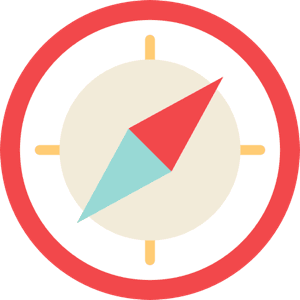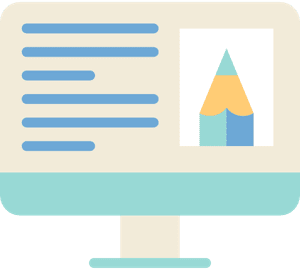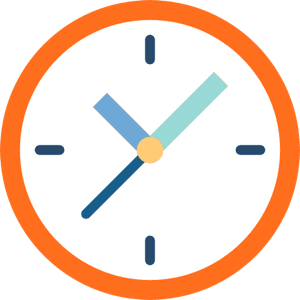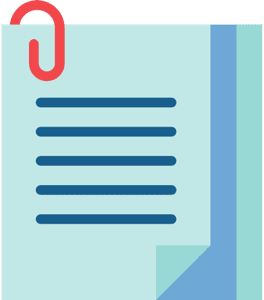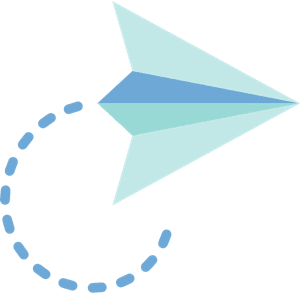Maximizing Learning Opportunities in Out-of-School Time (OST) Programs

Maximizing Learning Opportunities in Out-of-School Time (OST) Programs
Out-of-School Time (OST) programs have emerged as powerful platforms to supplement formal education, providing diverse and engaging environments for youth development. Offering a range of activities from academic tutoring to skill-based workshops, these programs operate during after-school hours, weekends, and summer vacations. They not only serve to fill the time when children are not in school, but they also provide a nurturing space where students can expand their horizons beyond traditional classroom boundaries.
These OST programs have gained momentum in today's educational landscape, given their unique role in shaping young minds and complementing their in-school learning experience. They afford students the opportunity to explore new areas of interest, cultivate essential life skills, and interact with their peers in informal settings. While formal education focuses on academic achievement, OST programs bring to the fore a more holistic approach to learning and development, fostering creativity, curiosity, and a love for lifelong learning.
Understanding the Potential of OST Programs
OST programs present a treasure trove of potential waiting to be harnessed. They provide academic support, indeed, but that is just one facet of the rich tapestry of learning they offer. Their broader contribution lies in fostering a balanced and holistic development of students. This is accomplished by providing opportunities for experiential learning, cultivating critical thinking, encouraging creativity, and instilling leadership qualities. These are invaluable skills that equip young learners for their future, both in personal and professional spheres.
Moreover, with their less formal structures and smaller student-to-facilitator ratios, OST programs enable a more personalized learning approach than traditional classrooms often permit. They offer an environment where students can delve into their interests, ask questions, and explore ideas without fear of judgment or failure. Whether a student is passionate about robotics, arts, coding, or environmental conservation, there's an OST program that caters to that interest. This freedom to explore and learn at one's own pace fosters a lifelong love for learning, engendering a growth mindset that views challenges as opportunities for development.
Key Strategies to Maximize Learning in OST Programs
Before we delve into the strategies, it's important to underscore the key elements that can truly maximize learning in OST programs. These encompass the customization of content to fit individual learning styles, the incorporation of real-world contexts to make learning relevant, fostering a genuine love for learning that can last a lifetime, developing collaborative and social skills through group activities, and leveraging the potential of technology to enhance learning experiences. These strategies, when effectively integrated, can significantly enrich the learning environment, making OST programs more than just an extension of the school day, but a vibrant hub of holistic development and lifelong learning. Now, let's examine these strategies in detail.
1. Customization and Personalized Learning
The beauty of OST programs lies in their inherent flexibility and adaptability. This provides a golden opportunity to customize learning experiences tailored to individual learners' needs, aptitudes, and interests. For instance, a student who struggles with mathematics in the conventional classroom setting may excel when learning through games or practical activities, while a musically inclined learner may flourish when given the opportunity to learn through rhythm and sound. In this way, OST programs can effectively support a wide spectrum of learning styles, encouraging active engagement and enhancing learning outcomes. More than a one-size-fits-all approach, personalized learning appreciates and caters to the uniqueness of each student, maximizing their potential while making learning a fulfilling experience.
2. Incorporation of Real-World Contexts
In traditional classrooms, the context of learning may sometimes seem detached from everyday life. One of the most effective ways OST programs can bridge this gap is by incorporating real-world contexts into their curriculum. For example, a program focusing on science can organize field trips to local parks or conservation areas, connecting lessons about ecology and environment to tangible, real-life examples. A program that includes financial literacy can utilize real-world scenarios like budgeting for a grocery trip or planning a fundraising event. By intertwining learning with real-world situations, students can see the relevance of their knowledge, which makes learning more engaging and meaningful. They begin to understand that what they're learning isn't just confined to textbooks but has significant practical applications. This real-world connection not only deepens understanding but also helps students retain information longer, making learning in OST programs impactful and lasting.
3. Foster a Love for Learning
OST programs have a unique ability to turn learning into an adventure, igniting curiosity and excitement about discovering new knowledge. These programs can foster a love for learning by presenting academic concepts and skills in unconventional, creative ways. For instance, a complex scientific concept could be taught through interactive experiments, or an intricate historical event could be explored via a role-playing game. Such an approach, which seamlessly blends learning with fun, can help demystify subjects that students may find challenging in a traditional classroom setting. Moreover, these engaging experiences often lead students to independently seek more knowledge, fostering self-initiated learning and curiosity. By making learning an enjoyable experience rather than a chore, OST programs can cultivate a passion for knowledge that transcends beyond the classroom walls and stays with the learners throughout their lives.

4. Collaboration and Social Skills
OST programs present a plethora of opportunities for group activities and projects, making them perfect arenas to cultivate social skills and collaboration. These programs can plan activities requiring students to work together, solve problems, and create something collectively, such as a group art project, a team sport, or a collaborative research assignment. In the process, students learn to listen to others, articulate their ideas, negotiate differences, and work towards a common goal - skills that are crucial in the real world. Moreover, these experiences foster empathy and mutual respect among peers, enriching their social-emotional learning. By emphasizing collaboration, OST programs can create a community of learners who support and learn from each other, enhancing not just their academic abilities, but also their interpersonal skills.
5. Incorporation of Technology
In our increasingly digital world, technology plays a pivotal role in shaping learning experiences. Integrating technology into OST programs can provide access to a wide array of resources, engage learners through interactive platforms, and build essential digital literacy skills. Whether it's using online platforms for collaborative projects, leveraging multimedia resources for immersive learning, or using coding programs to teach problem-solving skills, technology can significantly enhance learning in OST programs. Furthermore, with many learners being digital natives, technology-driven learning resonates with them, often leading to higher engagement and better understanding. Importantly, as they navigate these digital tools and platforms, students also acquire critical skills like online research, digital etiquette, and online safety, preparing them for the digital future. Incorporating technology in OST programs is therefore not just an added advantage, but a necessity in our tech-driven world.
Conclusion
OST programs offer a dynamic, flexible learning environment that complements formal education. To maximize their potential, we need tailored content, real-world contexts, engaging learning experiences, collaboration, and effective use of technology. The role of stakeholders is crucial, as is regular evaluation. By implementing these strategies, we can ensure that OST programs are not just a 'time filler,' but powerful platforms for holistic development and lifelong learning.
In this journey, Curacubby can partner with you to streamline the management of these programs. Our tools can assist in everything from program organization to tracking progress, letting you focus more on building engaging learning experiences and less on administrative tasks. Let's strive to leverage the immense potential of OST programs to make learning an exciting journey that extends beyond the classroom, shaping well-rounded individuals ready to navigate the world.

